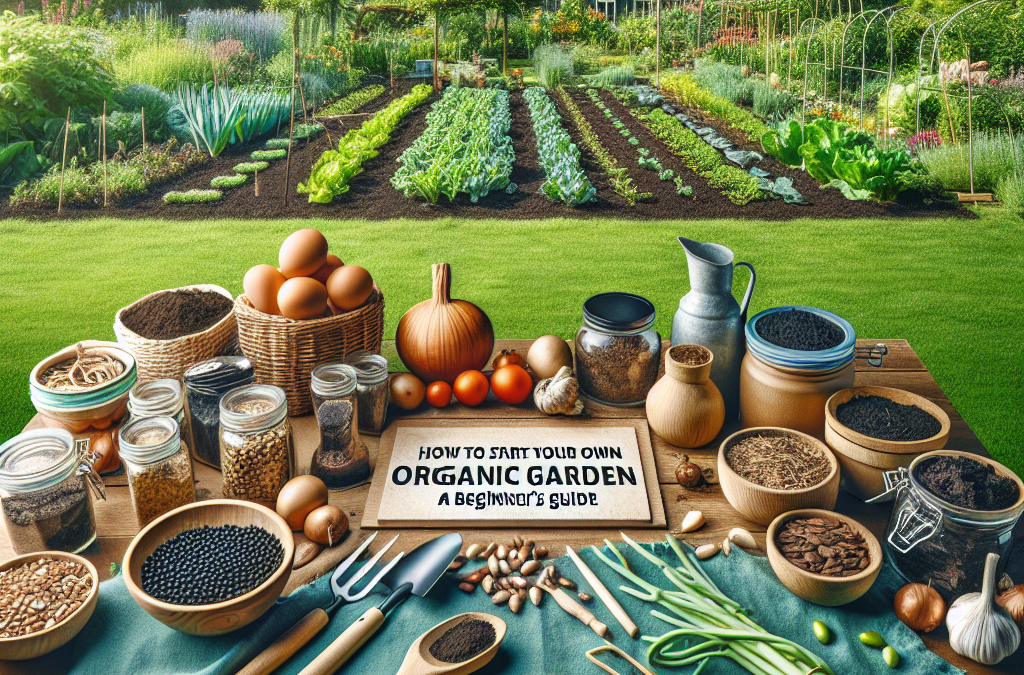Starting your own organic garden can be a fun and rewarding experience. With the right tools, techniques, and knowledge, you can grow fresh produce that is healthy for both you and the environment. In this guide, we will cover everything you need to know about starting your own organic garden, from preparing the soil to harvesting your crops.
Soil and Fertilizer: The Foundation of Your Organic Garden
The first step in creating an organic garden is to prepare the soil. You want to start with good quality soil that is rich in nutrients. If your soil is not up to par, consider adding compost or other organic matter to enrich it. Avoid using chemical fertilizers as they are not allowed in organic gardening. Instead, opt for natural fertilizers like compost tea or fish emulsion.
Choosing the Right Plants for Your Organic Garden
Once you have prepared the soil, it’s time to choose the plants you want to grow. Consider what type of vegetables or fruits you enjoy eating and research which ones are best suited for your climate and growing season. It’s also important to choose varieties that are well-suited for organic gardening. Look for seeds or seedlings that are labeled “organic” or “non-GMO.”
How to Control Pests and Diseases in an Organic Garden
One of the challenges of organic gardening is controlling pests and diseases without resorting to chemicals. One way to do this is by attracting beneficial insects to your garden, such as ladybugs or lacewings, which feed on common garden pests like aphids and mites. Another strategy is to use companion planting, where you plant certain flowers or herbs alongside your veggies to deter pests and encourage pollination. Finally, consider making your own natural remedies like neem oil spray or garlic/pepper spray to repel pests.
Harvesting and Preserving Your Organic Crops
After all your hard work, it’s finally time to reap the benefits of your labor! Harvest your crops when they are ripe and at their peak flavor. To preserve your crops, consider canning, freezing, or dehydrating them. Canning is great for preserving tomatoes, pickles, and jams, while freezing works well for berries and green beans. Dehydrated foods like apples or bananas make great snacks throughout the year.
In conclusion, starting your own organic garden can be a fulfilling and sustainable hobby. By following these tips and tricks, you can create a thriving garden that provides fresh produce for you and your family. So get out there and start digging!





